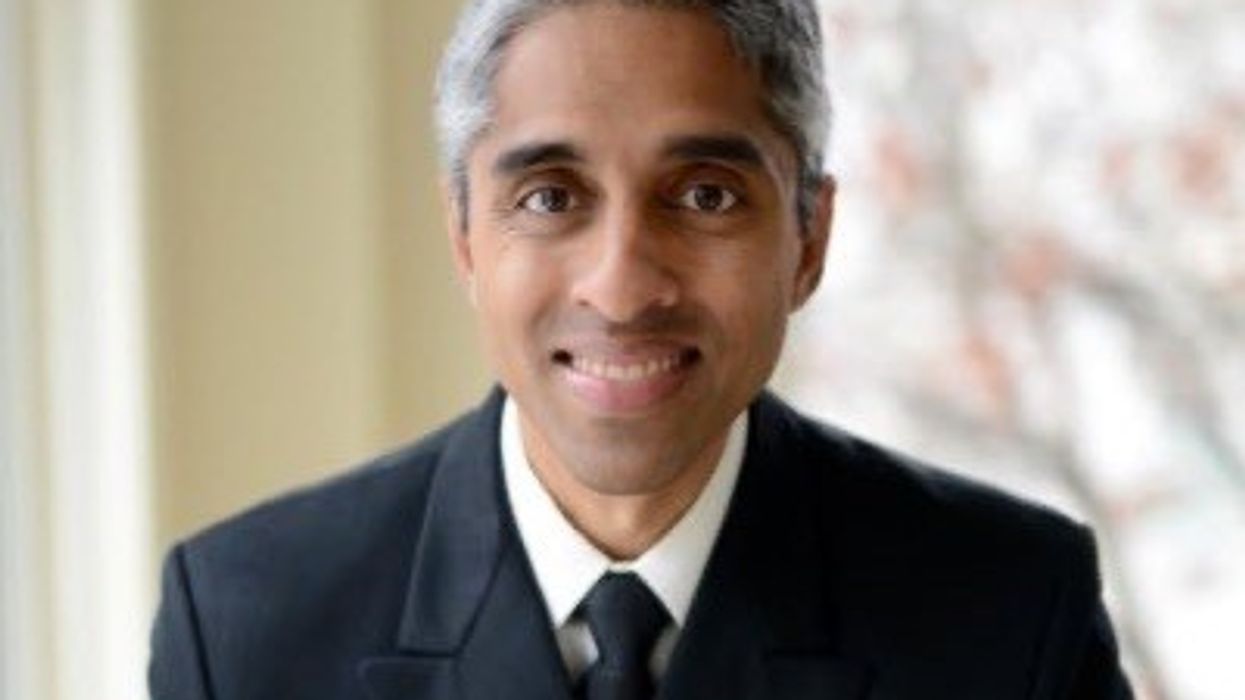US surgeon-general has raised concerns about the impact of excessive screen time on British teenagers, warning that it's hindering their ability to engage in face-to-face conversations, reported The Times.
Vivek Murthy added that prolonged screen time will also have a significant impact on the mental well-being of teenagers.
During a research trip to the UK, Murthy observed that many young people acknowledge the importance of in-person interactions but feel increasingly dependent on online platforms for socialising.
According to him, prolonged exposure to social media is diminishing teenagers' comfort with real-life interactions, thereby weakening their social skills and ability to form meaningful relationships.
The Indian American doctor said that the decline in face-to-face interaction among youth is evident in both the US and the UK, contributing to feelings of loneliness and isolation.
He also pointed out the findings of the World Happiness Report, which indicated that young people, particularly those in the UK, are reporting lower levels of happiness compared to older generations.
Murthy has urged government intervention to regulate social media platforms, citing the need to address the negative impact of technology on mental health.
While acknowledging that social media can facilitate connections, he warned that it often substitutes genuine in-person interactions with superficial online engagement, which has a different, and often detrimental, effect on happiness.
“That presents a real challenge because it became clear when talking to them, especially the university students, that their comfort with in-person interaction is diminishing over time, as we have less and less of it. In that regard our ability to interact with one another and build relationships is diminishing. That’s our social muscle and like any other muscles we don’t use it gets weaker," he was quoted as saying.
The call for action on social media regulation is echoed by campaigners who are increasingly concerned about the mental health implications of excessive screen time, especially among children and teenagers.
Esther Ghey, whose daughter was tragically murdered, is among those urging for stricter controls on social media usage, proposing bans on certain apps for children under 16 and advocating for public health awareness campaigns promoting limited screen time.
She also suggested the necessity for a public health awareness initiative regarding the risks associated with excessive phone usage among children, advocating for a guideline advising limited screen time, ideally no more than two hours per day.





